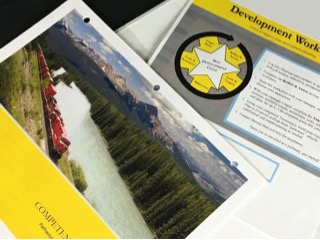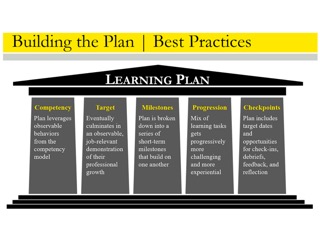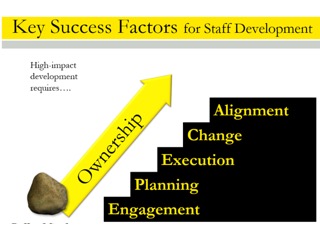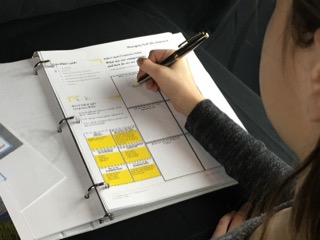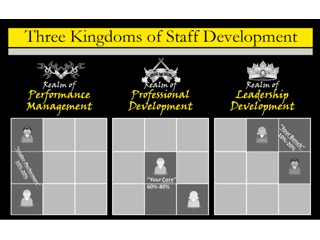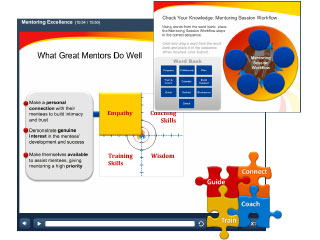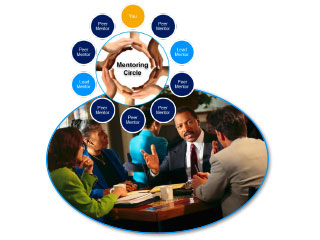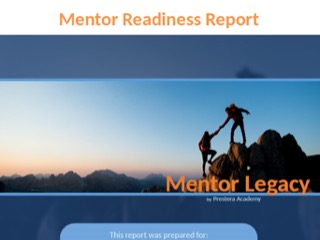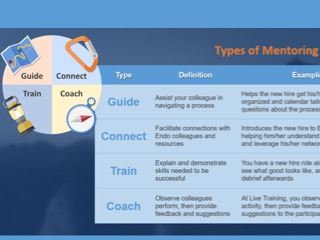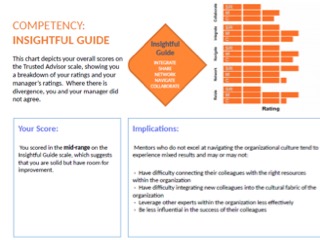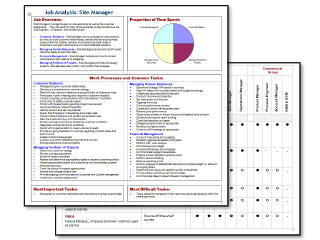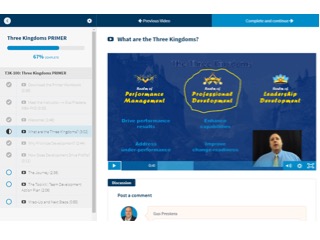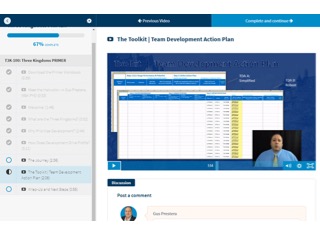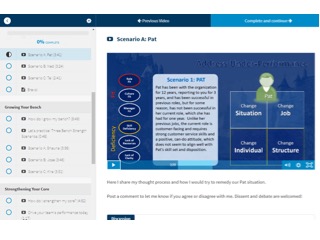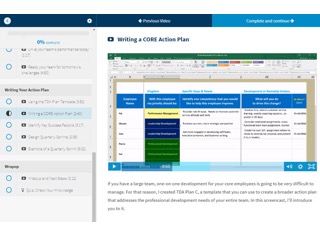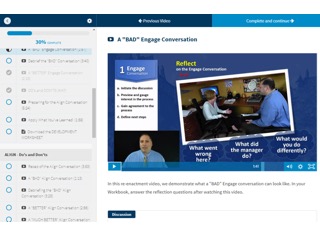Career Development
Enabling career growth through diagnostics, planning, mentoring, and experiential learning
EXPERTISE
How can we boost your efforts?
Culture of Learning
Promoting a culture of learning often requires putting frameworks and programs in place that encourage mentoring, career sponsorships, IDPs, certifications, job shadowing, career fairs, and knowledge transfer, to name a few. We help you architect and implement those programs, working towards a development ecosystem.
Self Development
While a business can and should provide development opportunities and support, only their employees can make the magic of learning happen. That’s why most of our programs emphasize the skills and attitude of self development. We teach employees how to take ownership of their careers and help them become lifelong learners.
Training for Mentors
Training for Team Leaders
Through our Three Kingdoms Program, we train managers on best practices for assessing their team’s development needs, prioritizing and planning how to address them, and having the conversations with their employees. We also provide them with the tools they’ll need to succeed.

